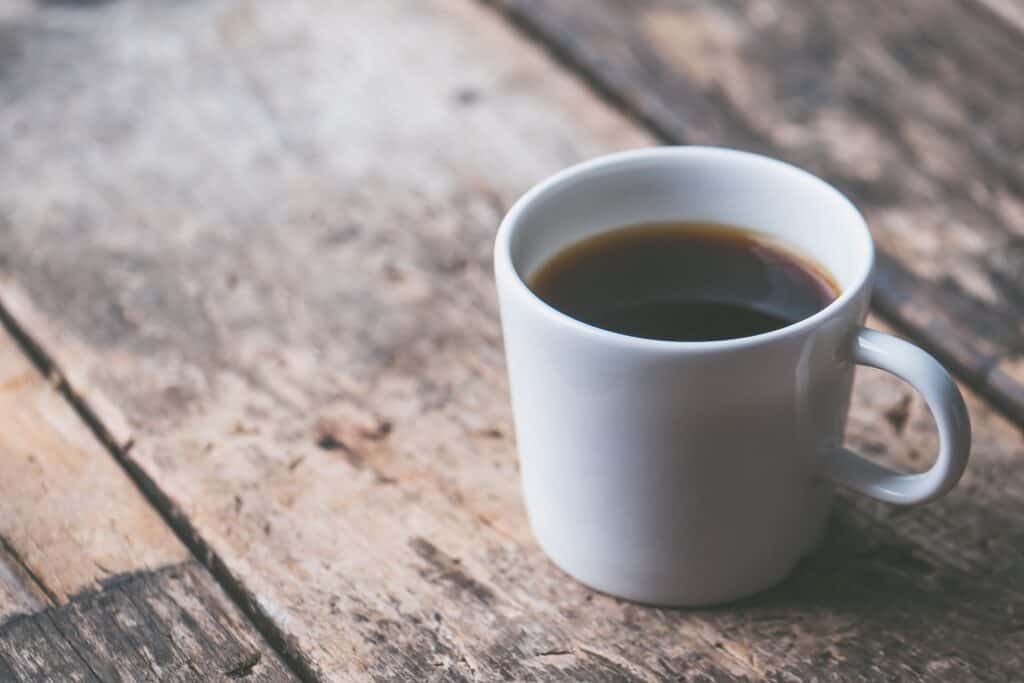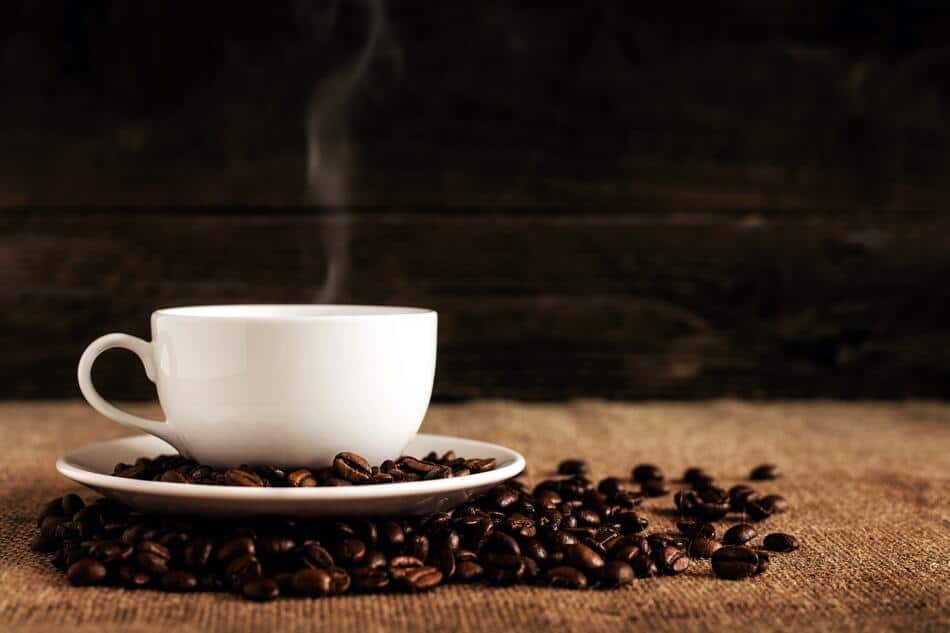Do you ever wonder where the word “java” comes from? And also asked the question why is coffee called java? It’s derived from the Indonesian word “Jawa,” which means “coffee.” The Dutch were the first Europeans to discover coffee in Indonesia, and they brought it back to Europe. When coffee started becoming popular in America, people began calling it “java” because of its origins. There are many different theories about how coffee got its name, I will explore the answers in this article and answer some related questions. Keep reading!
The most likely explanation for why coffee is called java is that the name was chosen because of the coffee’s origins. Java is an island in Indonesia, and it was one of the first places where coffee was cultivated. The Dutch, who colonized Indonesia in the 1600s, was probably responsible for introducing coffee to Europe. And since they controlled the Indonesian spice trade, they would have been the ones to label coffee as “Java.”
But there’s another theory about how coffee got its name. According to this story, a ship captain named Nicholas Conon came up with the moniker while he was transporting coffee from Mocha, Yemen to Amsterdam. Since Mocha was already established as a key trading post for coffee beans, Conon may have thought that calling his shipment “Mocha coffee” would confuse his Dutch buyers. So instead, he named it after the port of Java, which was its final destination.

Coffee Is Still Grown on Java Till Date
The coffee plant, which is native to Ethiopia, was first introduced to the island of Java by the Dutch in 1699. Coffee quickly became a valuable commodity for the Dutch East India Company and was soon being grown all over the island. Today, coffee is still grown in Java, and the island is home to some of the best coffee in the world. If you’re looking for a truly unique cup of coffee, be sure to check out some of the beans from Java. You won’t be disappointed!
Coffee production on Java peaked in 1931 when nearly 500,000 metric tons of coffee were harvested. Since then, production has declined due to a variety of factors, including disease and pests. Nevertheless, Java remains an important producer of coffee, and its beans are highly sought-after by coffee lovers around the globe.
What Does Java Coffee Taste Like?
If you’re a fan of coffee, there’s a good chance you’ve had Java coffee before. But what does it taste like?
Coffee aficionados tend to love Java coffees for their rich flavor profiles which can include chocolate, spices, and even fruitiness. Depending on your taste buds, you might find the coffee to be more or less intense. However, most people agree that Java coffees are full-bodied and make for a delicious cup of joe. If you’re looking for something new to try, we recommend giving this type of coffee a chance. Who knows – you might just fall in love with it!

Is This Type Of Coffee Arabica Or Robusta?
You might be surprised to learn that there are two types of coffee beans: Arabica and Robusta. Both of these beans can be used to make coffee, but they have different flavor profiles. Arabica beans are known for being sweeter and more delicate, while Robusta beans are harsher and have more caffeine. So, which type of bean is used in Java coffee?
This coffee is made with Arabica beans. This variety of beans gives the coffee its signature sweetness and rich flavor. If you’re looking for a cup of java that’s packed with flavor, then you should try Java coffee made with Arabica beans.
Are There Other Slangs For Coffee?
Coffee has been around for centuries and its popularity only seems to be increasing. With such a long history, it’s no wonder that there are so many different ways to refer to this beloved beverage. Here are just a few of the most popular slangs for coffee:
- Joe: This is a shorter, simpler way to say “coffee.” It’s probably derived from the full name “Joseph,” which was a common name among coffee drinkers in the early 1800s.
- Cuppa: This one comes from the British Isles and is simply a shortened version of “cup of.”
- Mud: This term is used mostly by truck drivers and refers to the dark color of coffee. It’s not exactly a flattering nickname, but it’s still used nonetheless.
So there you have it! A few of the most popular slang for coffee.
Where Can I Get Java Coffee?
As you know, java is very popular and can be found in many cafes and restaurants around the world. However, it can also be quite expensive. If you are looking for a cheaper alternative to Java coffee, there are many options available.
One option is to buy pre-ground Java coffee beans. This can be a great option if you do not have the time or equipment to grind your beans. You can also find many different brands of pre-ground Java coffee online or in stores. Another option is to buy whole bean coffee and grind it yourself at home. This will give you the freshest possible cup of coffee and will also allow you to control the grind size.
If you are looking for the best possible cup of coffee, it is important to start with high-quality beans. Many people believe that dark roasted beans make the best Java coffee, but this is not always the case. The type of bean and the roast level can have a big impact on the flavor of your coffee.
Experiment with different types of beans and roasts to find what you like best. Once you have found your perfect bean, be sure to buy it from a reputable source so that you can be sure you are getting a fresh product.
Final Words
So there you have it: two possible explanations for how coffee came to be called Java. The truth is that most people go with the first story. Whichever story you choose to believe, one thing is for sure – java is delicious, and we’re glad it has such a catchy name!
Do you have a theory about why coffee is called Java? Let me know in the comments below! And be sure to check out our other blog posts about all things coffee-related. until next time, happy brewing!
Related Articles

